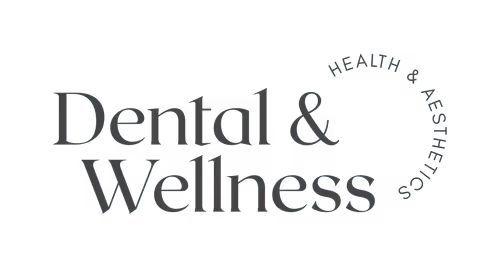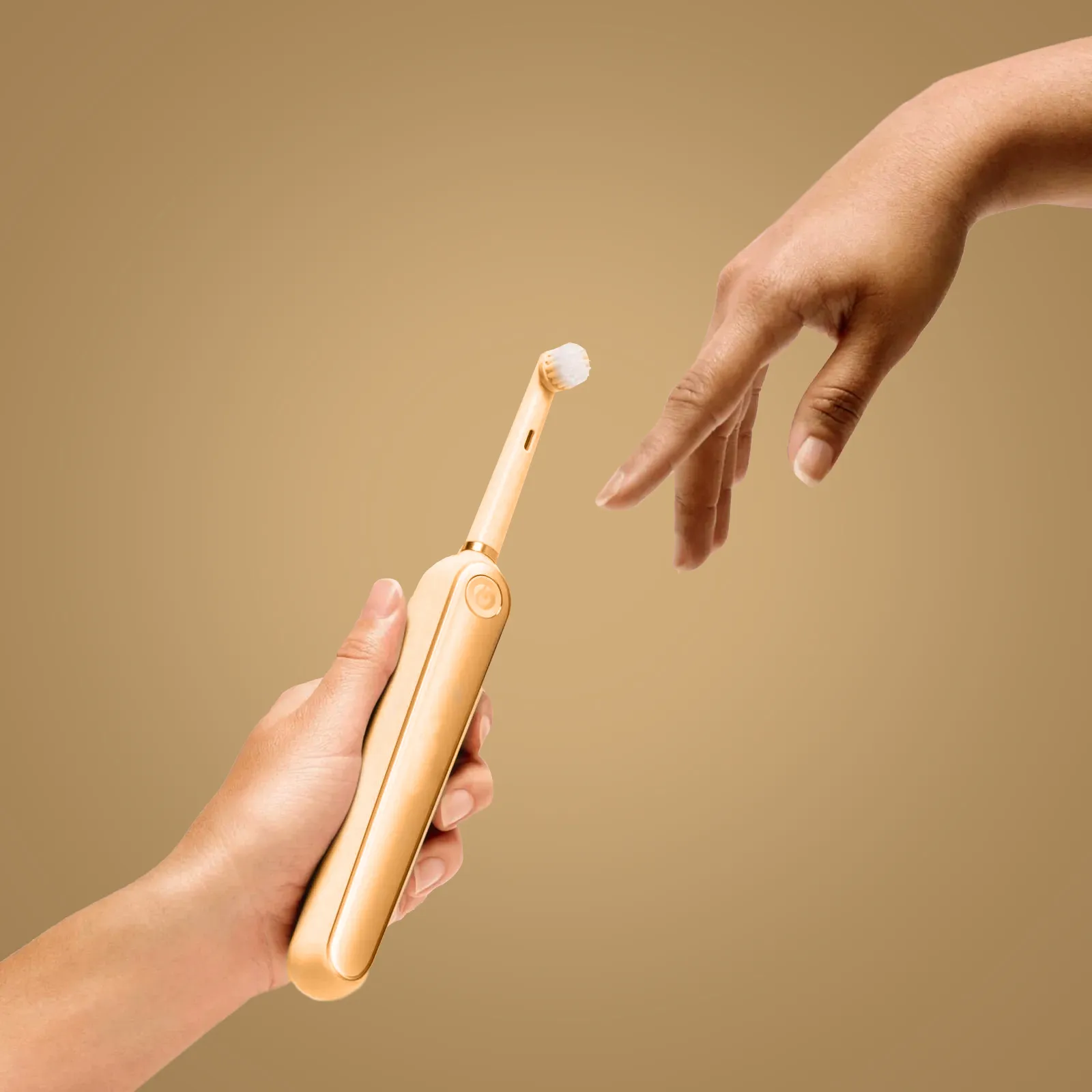Ever wondered what a dental hygienist actually does? You know they clean teeth, but is that all? Can they do fillings? Do you really need to see one, or is a dentist enough?
Let’s break it down so you know exactly why dental hygienists are a big deal for your health.
What Is a Dental Hygienist?
A dental hygienist is the person who keeps your teeth and gums in top shape. Think of them as the frontline defence against plaque, gum disease, and bad breath.
They work alongside dentists, but their main focus is prevention. They don’t fix cavities or do major dental work—that’s the dentist’s job. But they make sure your teeth are so clean and healthy that you hopefully won’t need those treatments in the first place.
What Do They Do?
A dental hygienist does more than just scrape tartar off your teeth. Their job includes:
- Deep cleaning – Removing plaque, tartar, and stains that brushing and flossing alone can’t handle. This prevents cavities, gum disease, and long-term issues.
- Gum health checks – Spotting signs of gum disease early, before it becomes a real problem. They check for inflammation, bleeding, or receding gums, which could indicate gingivitis or periodontitis.
- Polishing teeth – Making your smile look and feel fresher by smoothing out rough surfaces where bacteria love to hide. This also helps prevent stains from setting in.
- Fluoride treatments – Strengthening teeth to help prevent decay, especially in patients prone to cavities. Fluoride reinforces enamel and makes it more resistant to acid attacks.
- Teaching better oral hygiene – Showing you the right way to brush and floss for long-term results. Many people don’t realise they’re brushing too hard, missing spots, or using the wrong technique.
- Screening for dental health issues – Checking for signs of potential dental problems, so your dentist can step in if needed. This includes looking for early signs of oral cancer, enamel erosion, and bite alignment issues.
- Removing bad breath culprits – Bacteria buildup is one of the biggest causes of bad breath, and a hygienist can help you tackle it by giving your mouth a thorough clean and offering advice on how to keep your breath fresh.
Learn more about our dental hygienist services here.
Can They Do Anything Else?
Yes, depending on their training. Some hygienists can also:
- Whiten teeth – Many are qualified to carry out professional teeth whitening treatments using peroxide-based solutions to brighten your smile.
- Apply sealants – A protective layer that helps prevent cavities by sealing off grooves in the molars where bacteria tend to collect.
- Give local anaesthesia – Some are trained to numb an area before deep cleaning or minor dental procedures to ensure comfort.
- Take and interpret X-rays – Some hygienists are qualified to take dental X-rays to help dentists diagnose hidden issues like cavities or bone loss.
- Advise on diet and lifestyle – They can offer guidance on food choices that promote healthy teeth and gums, such as reducing sugar intake and increasing calcium-rich foods.
- Assist with orthodontic care – Some hygienists work with patients undergoing orthodontic dental treatment, helping them maintain proper oral hygiene while wearing braces or aligners.
What’s the Difference Between a Hygienist and a Dentist?
A dentist diagnoses and treats problems—think fillings, crowns, extractions, and root canals. They handle more complex procedures, addressing tooth decay, infections, and structural damage.
A hygienist focuses on prevention—keeping your teeth and gums healthy so you can avoid needing the dentist’s more invasive treatments. They specialise in professional cleaning, gum health, and patient education, ensuring that small issues don’t turn into major dental problems. Their work helps reduce the need for restorative procedures by catching early signs of disease and promoting better oral hygiene habits.
Does Every Dental Practice Have a Hygienist?
No. Some dentists handle cleanings themselves, while others prefer to have a hygienist focus on preventative care so they can dedicate more time to advanced treatments.
Hygienists play a key role in maintaining dental health by providing deep cleaning, gum assessments, and personalised hygiene advice. Whether a practice has a hygienist or not, regular professional cleanings are essential for preventing dental issues and keeping your teeth and gums healthy.
What Happens at a Hygienist Appointment?
Expect a deep clean, expert advice, and a fresh start for your teeth. Here’s what typically goes down:
- Check-up – They look at your teeth and gums to see what needs attention.
- Scaling – Using special tools to remove tartar and plaque buildup.
- Polishing – Smoothing out any rough spots and buffing away stains.
- Fluoride Treatment (if needed) – Strengthens your enamel to fight decay.
- Oral Hygiene Coaching – Helping you brush and floss better to avoid future problems.
You’ll leave with cleaner teeth, fresher breath, and a better plan for keeping your mouth healthy.

How Often Should You Visit One?
Most people benefit from a hygienist visit every six months. But if you have gum disease, heavy tartar buildup, or other oral health concerns, your hygienist will recommend and you might need to go every three to four months.
Skipping appointments means plaque builds up, gums get inflamed, and small problems turn into expensive treatments. Not ideal.
We often find that back teeth and crowded teeth get more plaque, its important to also gently brush your gums at home.
What Can a Hygienist Help You Prevent?
Seeing a hygienist isn’t just about having a brighter smile—it’s about avoiding bigger dental problems and keeping your oral health on track. Regular visits help prevent:
- Gum disease – One of the leading causes of tooth loss. Gingivitis, if left untreated, can progress to periodontitis, leading to gum recession and bone loss.
- Cavities – Clean teeth are less likely to develop decay. Regular professional cleanings remove plaque buildup in hard-to-reach areas, reducing the risk of cavities.
- Bad breath – Often caused by plaque and bacteria buildup. A hygienist can clean areas that brushing and flossing miss, keeping your breath fresh and your mouth healthy.
- Stained teeth – Professional cleaning helps remove surface stains from coffee, tea, smoking, and certain foods, helping you maintain a whiter smile.
- Expensive dental work – Preventative care now means fewer fillings, crowns, or extractions later. Catching small problems early prevents major dental procedures in the future.
- Tooth sensitivity – Removing plaque buildup and applying fluoride can help reduce sensitivity caused by enamel erosion and gum recession.
- Oral infections – Hygienists can identify early signs of oral infections and help prevent them from turning into painful conditions that require medical treatment.
Regular appointments keep your teeth and gums in the best shape possible, reducing the risk of serious issues down the road.
Conclusion
A dental hygienist isn’t just someone who scrapes tartar off your teeth. They’re your best ally in keeping your mouth healthy, preventing major dental issues, and making sure you avoid costly treatments down the line.
If it’s been a while since your last scale and polish visit, now’s the time to book one. At Dental & Wellness Islington, we take a holistic approach to oral health, ensuring your teeth and gums stay strong and healthy for life.
FAQs
What is the role of the dental hygienist?
They focus on prevention—deep cleaning teeth, checking gum health, and giving advice to keep your mouth in the best condition possible. By removing plaque and tartar buildup, they help prevent gum disease and cavities before they start. They also educate patients on the best brushing and flossing techniques, recommend oral care products suited to their needs, and give advice about diet to protect gums and teeth enamel.
What do they do to your teeth?
They look after your teeth by removing plaque, tartar, and stains, polish your teeth, and apply fluoride if needed to strengthen enamel. They also assess your gums, checking for any signs of inflammation or disease, and provide personalised advice on brushing, flossing, and diet to maintain optimal oral health. Their goal is to prevent problems before they start, ensuring your teeth and gums stay healthy in the long run.
Do they do fillings?
No, fillings are done by a dentist. A hygienist’s job is to help you avoid needing fillings in the first place by focusing on prevention. They remove plaque and tartar, apply fluoride treatments, and provide personalised oral hygiene advice to keep your teeth strong and decay-free. If they notice early signs of cavities or enamel erosion, they’ll refer you to a dentist before the problem worsens.
Can they apply Botox?
No, Botox treatments are typically performed by dentists or medical professionals who have received specialised training in facial aesthetics. Since Botox affects muscle function and requires precise application, it’s important to see a qualified provider who understands both facial anatomy and the potential risks involved. While some dental professionals offer Botox as part of their services, hygienists do not administer these treatments.
Does being a dental hygienist require a degree?
Yes. In the UK, dental hygienists must complete an approved course in dental hygiene, which usually takes two to three years at a university or dental school.













